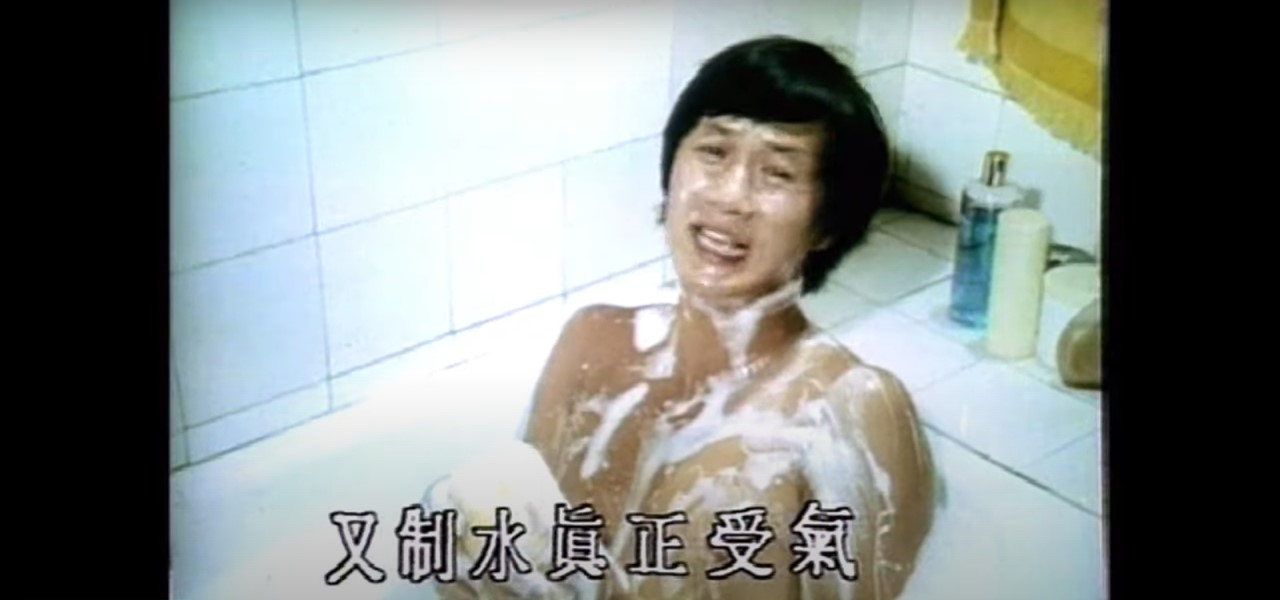Hong Kong’s Water Shortages and Local Resilience, c. 1960s-70s

This is a hybrid seminar.
To register for virtual attendance on Zoom, please click here.
To register for in-person attendance at SHHK Conference Room, please click here.
In the 1960s and 70s, water shortages were intrinsic to the life of people in Hong Kong – whether they were residents or tourists, workers or executives, small proprietors or large corporations. Measures imposed by the government in alleviating the water shortages – mainly restrictive water rations – caused disturbances to daily routines of all walks of life in the city. Drawing from official records available in Hong Kong and Britain and unofficial records in Hong Kong’s Chinese and English newspapers, altogether pop culture materials in Hong Kong, this seminar explores ordinary people’s responses to the lack of water. Instead of examining innovative or groundbreaking attempts in dealing with the daily challenges caused by water restrictions, it manifests their resilience in the everyday context. Apart from demonstrating the robustness of ordinary people – their capability in bearing disturbances during the water restrictions, the seminar shows how they made the hard time fun and even profited from chances during the water restriction. In other words, this seminar showcases not only the ‘get around’ but also the ‘turn around’. It broadens, at the same time challenges, what means by resilience. It uses water crises as a lens to discern social, cultural and political formations of post-war Hong Kong, unfolding the inextricable connections between critical events and sociocultural transformations.
Florence Mok is a Nanyang Assistant Professor of History at Nanyang Technological University. She is a historian of colonial Hong Kong and modern China, with an interest in environmental history, the Cold War and state-society relations. She is one of the founders of the Hong Kong Research Hub (HKRH) at NTU and an Executive Board member of the Society for Hong Kong Studies (SHKS) . Her first monograph, Covert Colonialism: Governance, Surveillance and Political Culture in British Hong Kong, c. 1966-97 has just been published by Manchester University Press (Studies in Imperialism series).
Siu-hei Lai is a sociocultural anthropologist and currently Research Fellow at Nanyang Technological University. His research focuses on the intersection of migration, aspiration and youth in the Thai-Burmese border. Besides, he works on water-related technologies and urban governance in Hong Kong.














/enri-thumbnails/careeropportunities1f0caf1c-a12d-479c-be7c-3c04e085c617.tmb-mega-menu.jpg?Culture=en&sfvrsn=d7261e3b_1)

/cradle-thumbnails/research-capabilities1516d0ba63aa44f0b4ee77a8c05263b2.tmb-mega-menu.jpg?Culture=en&sfvrsn=1bc94f8_1)

7e6fdc03-9018-4d08-9a98-8a21acbc37ba.tmb-mega-menu.jpg?Culture=en&sfvrsn=7deaf618_1)
